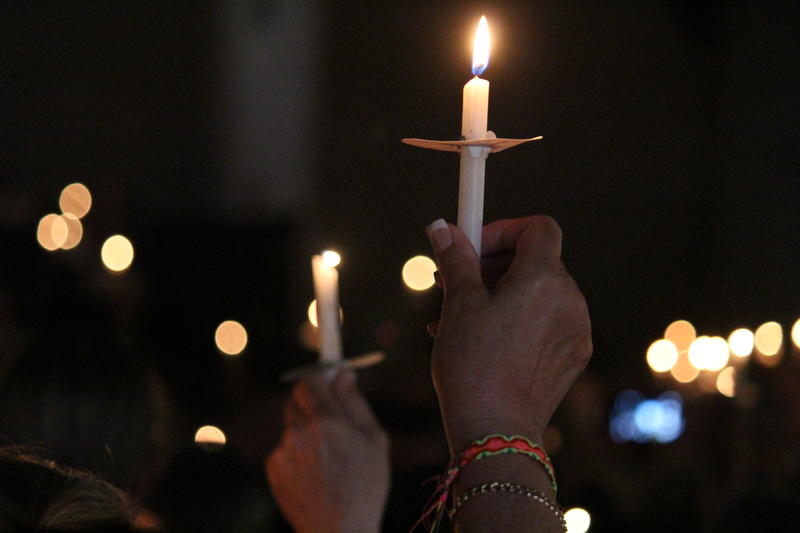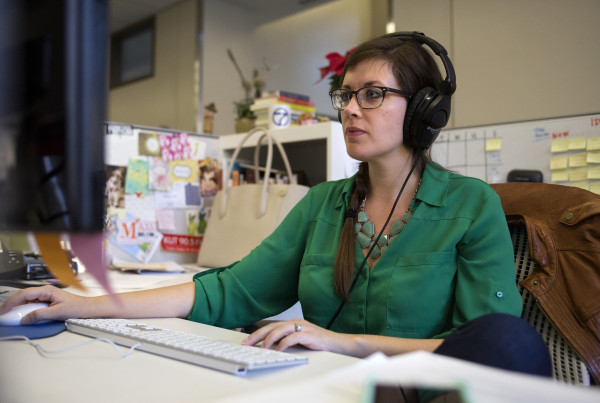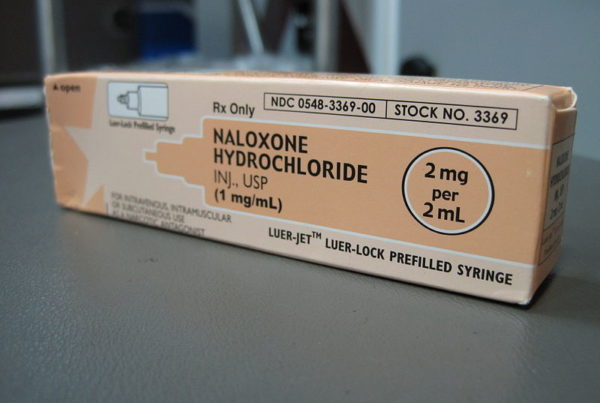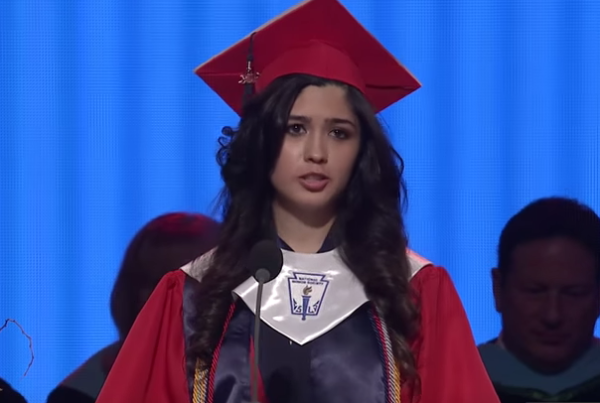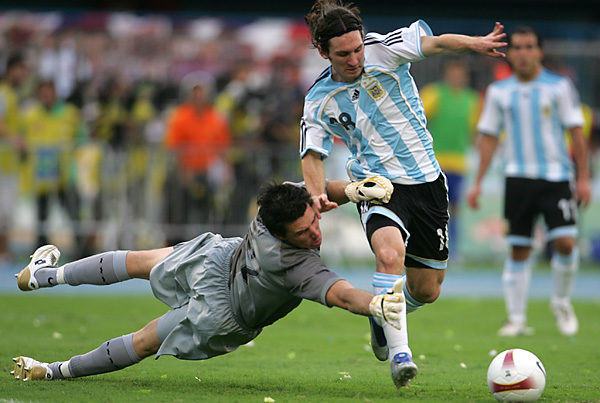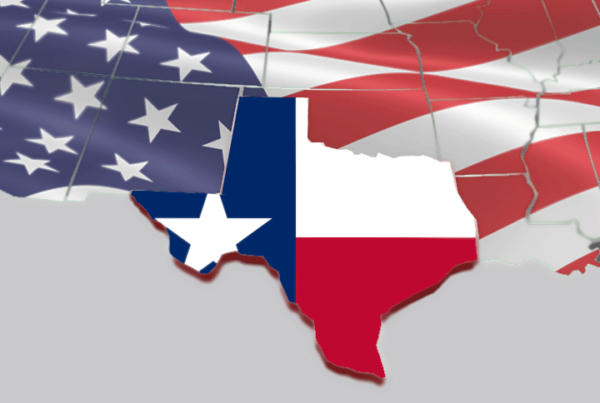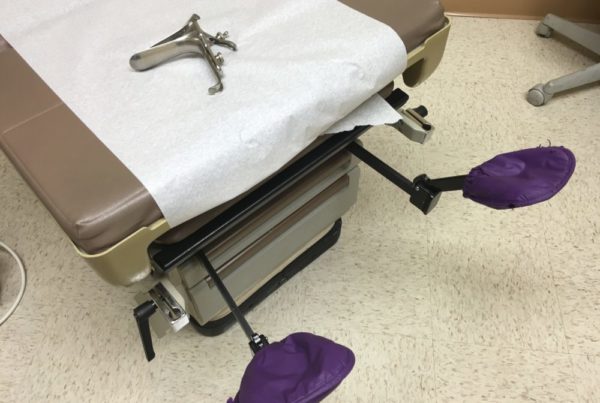From KERA News:
The shooting at a gay nightclub in Orlando last week put homophobic violence in the spotlight. On a regular basis, lesbian, gay, bisexual and transgender people face hate crimes. These incidents are not always deadly, yet they still leave deep physical and emotional scars. They occur against a larger backdrop, a whole story that the data on hate crimes in Texas don’t tell.
Last week, Fort Worth’s Celebration Community Church was filled with candle light, as mourners remembered the victims of the Orlando shooting. Pastor Lee Ann Bryce told the packed church that gay clubs are sacred spaces.
“They’re like churches, or at least like churches should be: Places where you’re welcomed just the way you are. Places where you can gather with loving, supportive community and sort of get bolstered up before going back into our homophobic world,” Bryce said.
The shooting at an Orlando gay club pierced that sense of safety. It also illuminated the fact that gay, lesbian, bisexual and transgender people face risk for being themselves on a daily basis. That homophobic world, Bryce said, didn’t go away with victories like the Supreme Court legalizing same-sex marriage, or the right to serve openly in the military.
“I think it is just such a reality check that people every day are killed because they’re GLBT people. Killed or brutalized in some way,” Bryce says. “And it’s not just in faraway places that it happens. It’s right here that it happens.”
The Texas Department of Public Safety reports 743 hate crimes based on sexual orientation over the past 15 years. That’s one in five hate crimes in Texas. It’s the second most common hate crime after racially motivated crimes, and state data shows that crimes targeting gay, lesbian and bisexual people are making up a larger share of hate crimes in recent years.
And there are likely many more hate crimes that don’t show up in the data.
“The silence speaks a whole lot. We have a huge underreporting problem across the country.”


